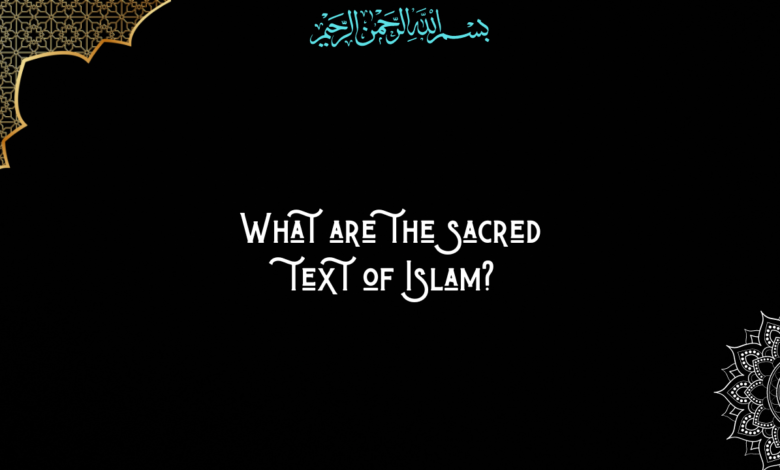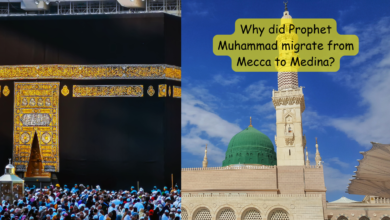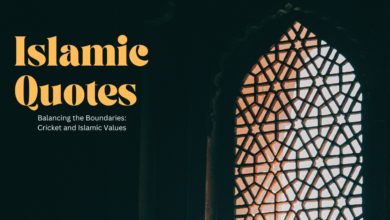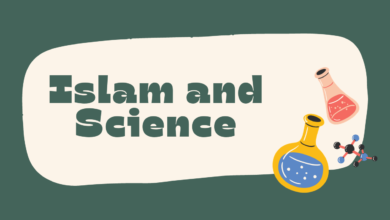What are the sacred text of Islam?

Introduction
Islam, one of the world’s major religions, has a rich tradition of sacred texts that provide guidance, inspiration, and a foundation for its beliefs and practices. Central to the faith are two primary sources: the Quran and the Hadith. These texts hold immense significance for Muslims worldwide, shaping their spiritual, moral, and social lives. Let’s delve into these sacred texts to gain a deeper understanding of their importance and impact.
The Quran: The Divine Revelation
At the heart of Islam lies the Quran, often referred to as the “Word of God” or the “Holy Book.” Muslims believe that the Quran is the direct revelation from Allah (God) to the Prophet Muhammad through the angel Gabriel. The Quran was revealed to Prophet Muhammad over a period of approximately 23 years and is composed of 114 chapters, known as surahs. It covers a wide range of topics, including theology, morality, law, guidance for personal conduct, and narratives of past civilizations and prophets.
The Quran is written in classical Arabic and is revered for its eloquent and poetic language. Muslims believe that it is preserved in its original form, down to the minutest detail, making it a timeless and unaltered source of guidance. Recitation of the Quran is an integral part of Muslim worship, and its verses are often chanted melodiously in prayers and gatherings.
Beyond its spiritual significance, the Quran serves as a comprehensive guide for Muslims, providing principles for ethical living, social justice, and governance. Its teachings emphasize monotheism, compassion, humility, and the importance of seeking knowledge. The Quran’s verses offer solace, motivation, and wisdom, encouraging believers to reflect on the world around them and their place within it.
The Hadith: Prophetic Traditions
While the Quran provides the core teachings of Islam, the Hadith complements it with the sayings, actions, and approvals of the Prophet Muhammad. The Hadith serves as a practical application of the Quran’s teachings, offering insight into how the Prophet lived his life and interpreted divine guidance. Compiled by Islamic scholars over generations, the Hadith addresses various aspects of life, from personal hygiene to legal matters.
The Hadith collections are extensive and diverse, with different degrees of authenticity attributed to them. Scholars meticulously scrutinized the chains of narration (isnad) and the content (matn) of each Hadith to assess their reliability. The most widely recognized collections are those compiled by scholars like Imam Bukhari, Imam Muslim, Imam Abu Dawood, and others.
The Hadith plays a crucial role in shaping Islamic jurisprudence (fiqh), ethics, and community practices. It provides Muslims with practical examples of how to embody the Quranic teachings in their everyday lives. Whether it’s guidance on prayer, family relations, business ethics, or interactions with others, the Hadith offers a comprehensive framework for ethical behavior and spiritual growth.
Interplay and Influence
The Quran and Hadith are intertwined in Islamic tradition. While the Quran serves as the primary source of divine guidance, the Hadith offers a contextualized understanding of its application. Many Islamic scholars and jurists refer to both the Quran and Hadith when deriving legal rulings and ethical principles. The two sources work in tandem, offering a holistic approach to faith and practice.
The study of these sacred texts is not limited to scholars alone. Muslims of all ages and backgrounds engage with the Quran and Hadith to deepen their understanding of Islam and its teachings. Reading and reflecting upon the Quran, seeking wisdom from the Hadith, and applying these principles in daily life are central to a Muslim’s spiritual journey.
Conclusion
The sacred texts of Islam, the Quran, and the Hadith, form the foundation of this vibrant and profound faith. They provide Muslims with a comprehensive guide for navigating the complexities of life, addressing matters of belief, ethics, governance, and interpersonal relations. These texts not only shape individual spirituality but also play a role in the development of Islamic cultures and societies. The Quran and Hadith continue to inspire, guide, and uplift millions of believers, reflecting the enduring power of divine wisdom and human devotion.
What are the sacred texts of Islam?
The sacred texts of Islam are the Quran and the Hadith. The Quran is the holy book believed by Muslims to be the literal word of God as revealed to Prophet Muhammad. The Hadith refers to the collection of sayings, actions, and approvals of Prophet Muhammad and his companions, providing guidance on various aspects of life
What is the Quran?
The Quran is the central religious text of Islam, consisting of revelations received by Prophet Muhammad from Allah (God) through the angel Gabriel over a period of approximately 23 years. It is written in Arabic and is considered the ultimate source of guidance for Muslims in matters of faith, ethics, and behavior.
How is the Quran structured?
The Quran is divided into 114 chapters called “surahs,” which vary in length. Each surah is made up of verses called “ayahs.” In total, there are over 6,000 verses in the Quran, covering a wide range of topics including theology, morality, law, and guidance for personal conduct.
What is the significance of the Hadith?
The Hadith are traditions and teachings of Prophet Muhammad that provide additional insight into interpreting and implementing the teachings of the Quran. They offer guidance on various matters not explicitly addressed in the Quran, such as daily practices, rituals, and legal issues.
How are Hadith collections categorized?
Hadith collections are categorized based on their reliability and authenticity. The most widely recognized collections are those compiled by scholars like Imam Bukhari, Imam Muslim, Imam Abu Dawood, and others. Hadith are classified as “Sahih” (authentic), “Hasan” (good), or “Da’if” (weak), depending on the chain of narrators and their credibility.
Are the Quran and Hadith equally important?
The Quran holds the highest status in Islam as the direct word of God. It is considered the ultimate source of authority. The Hadith, while crucial for understanding the application of Quranic teachings, is secondary to the Quran and is subject to scholarly interpretation and scrutiny.






